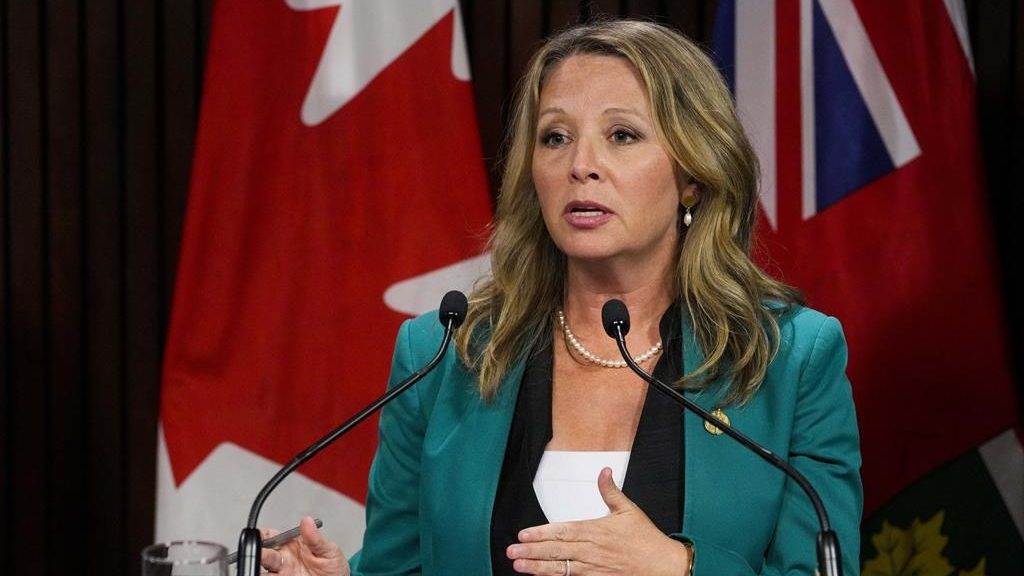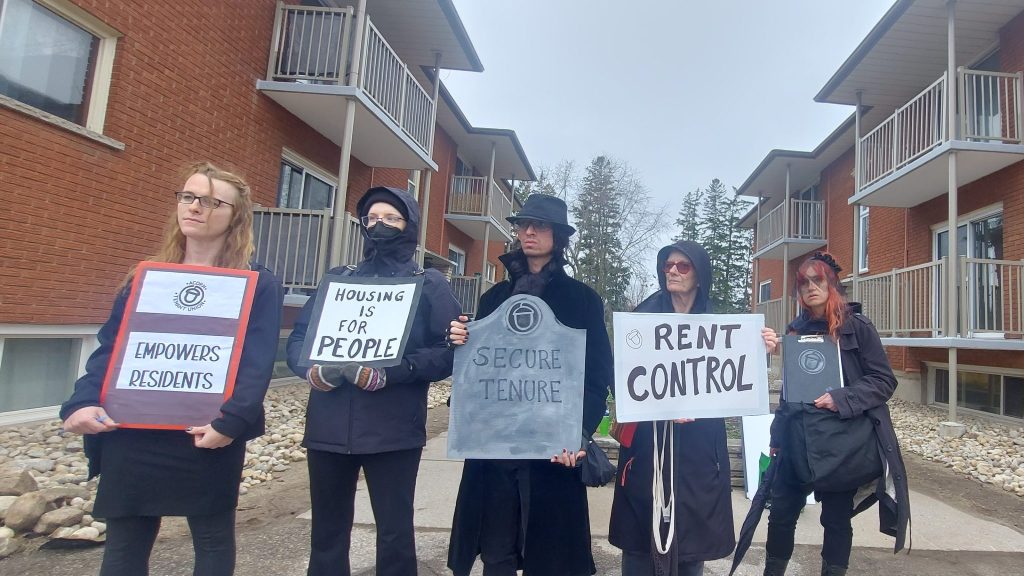Financial educator shares mistakes we should avoid during COVID-19 crisis
Posted Apr 6, 2020 02:00:00 PM.
Financial educator, Martha Adams, was working on her book release when the COVID-19 crisis put the breaks on local events. Two years in the making, Adams wrote Cleopatra’s Riches with an aim to generate honest dialogue about money and the emotions we associate with it. The timing couldn't be better.
Adams says, although everyone’s situation is unique, her advice is to avoid fear-driven choices. “They often become incredibly costly,” she says. There are real and lasting benefits to waiting until you can make a more calculated decision.
Her journey to becoming a Certified Financial Planner began as a child. “My parents weren't considered materially wealthy, but they had a focus on their children growing up in a good area with good schools” Adams says her peers often reminded her she didn't fit in. She recalls being teased, ridiculed and bullied, leaving her afraid to attend school. “At the centre of all of that was money. I didn't have what those kids did, and they made sure I knew it.”
Today, she is able to find gratitude, attributing her childhood trauma to her desire to help others. She says the result of her ostracization created an unbreakable inner strength. “I could believe what they had to say about me, or I could believe the truth. I could have also chosen to hate money and hate people who had it,” she says.
Adams says she started setting goals and focusing on what she wanted to earn. “As I grew up, I continued to see how negative our associations with money could be.” She became driven to alter these emotions, especially for women. “When I’d look around me, women who held the Certified Financial Planning designation and were independent were few and very far between,” she says. She continues to focus on helping women find financial empowerment.
Adams says her message during the COVID-19 crisis is that everyone is their own person with their own circumstances. “Things get complicated and confusing when we’re trying to fit into someone else’s definitions – comparing ourselves to someone else,” she warns.
Should we be worried about the current financial forecast?
These world events certainly bring negative feelings to the surface that can cause us to react instead of respond. Make sure you have a financial professional who both helps keep you informed and answers your questions.
Should we be deferring payments or will we end up paying more in the end?
The first thing you need to do is ask yourself, ‘Do I absolutely need to do this?’ Are you still employed? Can you still pay these bills? If the answer is yes, then you shouldn't incur the cost of this just because it’s being offered. On the other hand, if you need to do defer, then there really is no question. The banking and credit industries have given you a gift that would not normally be there. The thing you must keep in mind is the additional costs, fees, interest, and of course, the unknown of whether this will affect your credit rating.
Should we be investing, now that stocks are so low?
In times like these, there is a trend toward blanket statements that don't take into consideration that every circumstance is different. If you're looking at the long term, this could absolutely be a great time to invest; however, I would never make a generalized statement that applies to everyone. Working with your financial advisor will help you make the right decision in this atypical market.
Is this a good time to negotiate interest rates on pre-existing loans?
Yes, it can be. Paying less interest is great, with the caveat that you don't want to pay unnecessary fees to do so. Talk to your professional advisor to make sure that what you're doing makes financial sense for you individually.
Join The Positive Financial Conversation with Martha Adams for more information.










